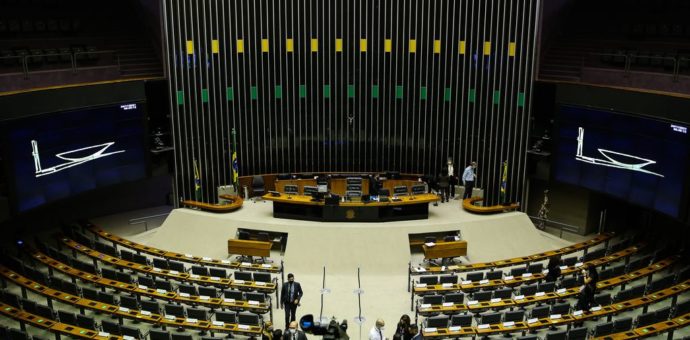The project to regulate the Brazilian cryptoasset market advanced with the approval of the proposal in the House of Representatives on Wednesday (7). The Bill (PL) 2303/15 will now be voted on in the Federal Senate.
Presented by federal deputy Aureo Ribeiro (Solidariedade/RJ) in 2015, the regulation of cryptoassets was discussed for years in a special committee before the vote of parliamentarians.
The recently approved legislative proposal shows that the performance of companies in the cryptoasset market should be inspected by a specific body to be appointed by the Executive Branch.
According to the text, the relationship between investors and exchanges can be understood as a consumer relationship. Check out the entire meeting:
According to the approved text, financial crimes involving digital currencies will receive a special aggravating factor in the Penal Code. Convicted criminals can receive sentences between four and eight years in prison and a fine.
“Organizing, managing, offering or distributing wallets or intermediating operations involving virtual assets, securities or any financial assets to obtain illicit advantage to the detriment of others, induce or keeping someone in error, employing artifice, ruse or any other fraudulent means”.
Before being presented in the House at the deliberative session this past Wednesday (8), PL 2303/15 had an opinion approved in late September 2021 through the rapporteur of the special committee that discussed the project, federal deputy Expedito Netto (PSD-RO).
After the special commission forwarded the basic text of PL 2303/15, the proposal was presented to the plenary, which approved the bill to create the regulation for cryptoassets in Brazil.
While the deputies were voting on the bill, the Novo party attempted to remove the proposal from the voting schedule before it was approved, but the majority in the House rejected the request.
With the approval, PL 2303/15 will proceed to a vote in the Federal Senate, and if approved without any substantial changes, the bill will be forwarded to presidential sanction.







